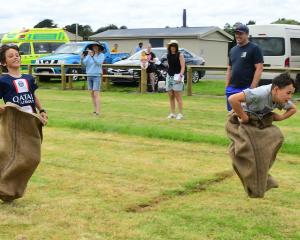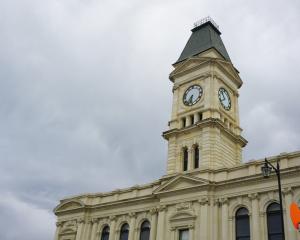
The Otago Lakes Management Review, by Cromwell environmental consultancy Landpro, said the region’s lakes were often referred to as "the jewels in Otago’s crown" but more could be done to ensure sedimentation, algal blooms and invasive species would not become problems.
Lakes themselves had not been addressed in the Otago Regional Council’s regional water plan to the same extent that groundwater, rivers and wetlands had.
Additionally, there was a lack of "baseline data" for many around the region.
This could lead to the assumption that the lakes were in good condition and the council’s attention would be focused on the region’s known degraded lakes, such as Lake Hayes, Lake Tuakitoto and Tomahawk Lagoon.
"This is not a criticism of ORC, as there is definite merit in the current efforts to restore degraded water bodies," the Landpro review said.
"However, the region is blessed with many lakes that are still in good condition; this needs to be supported through monitoring and management at a catchment level to ensure they remain this way.
"At the most simplistic level, [the] council does not have the resources to restore every lake in the region if they become degraded.
"The return on investment is much greater if they are prevented from becoming that way in the first place."
During last term’s long-term plan process, councillors put $200,000, over two years, towards a "scoping" study for a plan to protect the region’s lakes.
Today, the new council will be asked whether they want to carry through with the second stage of that study.
The first stage, now completed, made 43 recommendations for the council to create "an evidence-based, holistic management regime" for lakes.
The review found there was no forum for collaboration with other agencies involved in lakes management.
There was no consistent way to identify or prioritise management work for lakes, including protecting lakes in a good condition.
There was little evidence to suggest that information from each consultation had been used to inform the next.
There was no ability to seed fund projects or groups involved in lakes management outside of the council’s Eco Fund.
The review considered 83 lakes in the region that fell into one of five categories: deep water lakes, remote high-altitude lakes, accessible high-altitude lakes, dams and reservoirs, or coastal and lowland lakes.
The staff report to councillors noted that there was no budget at present for a strategic lakes plan.
If councillors directed staff to clarify the "purpose, scope, and function" of a strategic plan for lakes they would need to consider also the additional level of medium-term investment they were willing to support to implement such a plan in the coming 2024-34 long-term plan.











